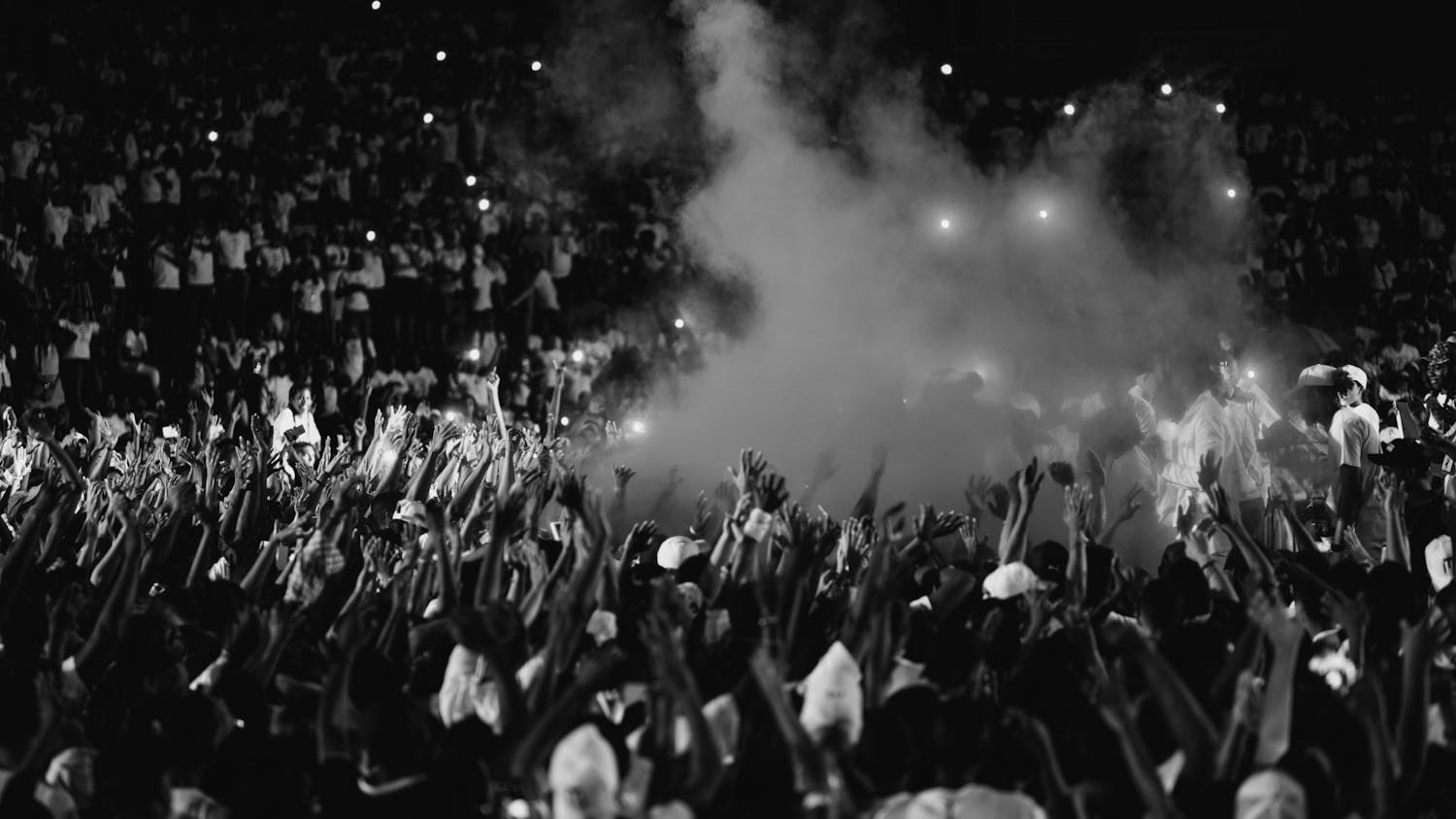Carol A. Wagner Adams
Student Health Center columnist
Suicide is a complex, behavioral response to someone feeling helplessly trapped in a bad situation. People feeling suicidal often are not aware of alternative actions they can take to alleviate or change themselves or their situation.
Suicide is frequently a component of a specific mental disorder such as clinical depression, bipolar disorder, alcoholism and personality disorders. Risks of suicide increase with high stress, alcohol and drug use, availability of weapons, certain age groups, gender, previous suicide attempts, poor impulse control, social isolation and divorce or separation.
It is estimated that for every completed suicide, 10 attempts are made. More women than men attempt suicide by a 2-to-1 ratio. However, more men are successful in killing themselves by a 4-to-1 ratio. Suicide is the third-leading cause of death among people ages 15 to 24.
l Nearly three-fourths of people who commit suicide show signals of distress before a suicidal act. They include:
l Threats of killing themselves in a serious or joking manner
Get content from The Daily Lobo delivered to your inbox
l Feelings of hopelessness or helplessness
l Giving away possessions that have held important meaning
l Putting personal affairs in order, which may include the preparation of a will
l Withdrawal from people and activities of usual interest
l Dramatic change in routine sleeping or eating patterns
Someone who is feeling suicidal needs support, as well as a professional evaluation to ensure personal safety. If you, a loved one or friend exhibit any of the above behaviors, you should seek medical help.
If you’re living on campus, you can call 911 for emergency assistance. You also may consult Counseling and Therapy Services at the Student Health Center by calling 277-2920, Monday through Friday from 8 a.m. to 5 p.m. The Psychiatric Emergency Service, 2600 Marble Ave. on UNM’s North Campus, is open 24-hours a day and can be reached by calling 272-2920.
Carol Wagner-Adams received her bachelor’s degree from State University of New York Oswego, her master’s degree from Ohio University and her doctorate from Indiana State University. She is a licensed psychologist and the manager of Counseling and Therapy Services at the UNM Student Health Center.





